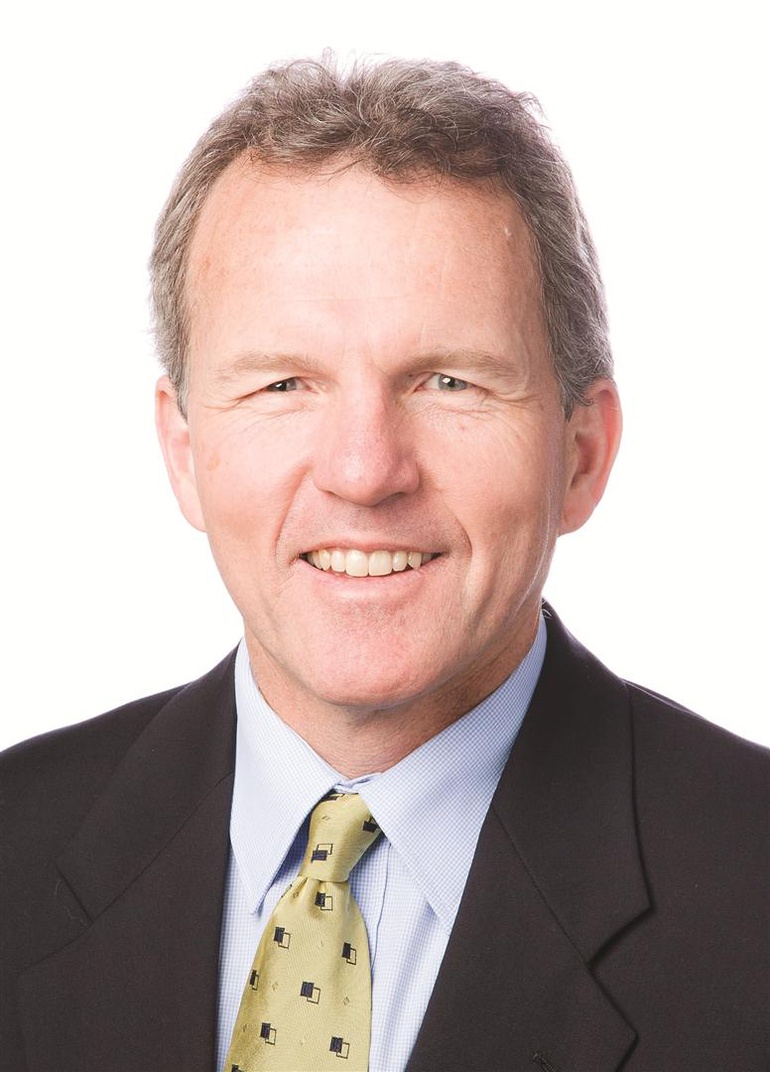5 Minutes with Peter Bailey
22 Feb 2022
We’re thrilled to have recently welcomed two new members to GBCA’s Board and we recently caught up with Peter Bailey, Principal and Trustee Director of Arup Group. Peter explains how sustainability is at the heart of Arup’s work and why the time to accelerate change is now.
1. You have a strong background in board and management roles, what drew you to this role with GBCA?
As a building designer in Arup, I have always had a strong interest in sustainability and sustainable design in the built environment. When I was a Board Member and global Director of Arup Group, I was responsible for initiating and delivering a new global strategy that aligned our business with the new global agendas for sustainable development, including the UN Sustainable Development Goals. The success of this strategy has inspired me to want to contribute more - to helping progress our industry to a more sustainable future, and, given my extensive Board and management experience, a GBCA Director role is both an enormous opportunity and an enormous privilege.
The GBCA is a wonderful organisation with incredible presence and impact, and its work is even more critical now given the Climate Emergency and the need for immediate progress in carbon reduction. I would like to share my leadership experience to help it to progress even further and urgently achieve the most tangible sustainable outcomes.

2. Sustainability is at the heart of Arup's work. You helped create the organisation's global strategy including new global agendas for sustainable development. How will this strategy shape Arup's future work?
Arup has always been a purpose-led, employee trust-owned organisation focused on shaping a better world. But with increasing understanding of the global climate and resource challenges, we recognised that we needed to step up even more.
Arup’s new global strategy is headlined by a simple purpose statement “Sustainable development is everything”. Our work focus is now exclusively on creating a more sustainable future for the world and creating a balance between the needs of a growing global population and the finite capacity and health of our planet. At its heart is the goal of safe, inclusive and resilient communities, infrastructure and cities. At its heart is carbon reduction.
So, this strategy fundamentally shifts and defines our business exclusively around sustainable development. Now, more than ever, we ask ourselves “How could this potential project or advisory work create a more sustainable future for the world?”
3. COP26 reminded us of the scale of the challenge for our industry - how do we accelerate change?
COP26 was a wake-up call for the building and construction industry to decarbonise and improve material and resource efficiency across the supply chain. We’ve been slow to change from time-honoured methods and slow to adapt to the opportunities presented by digital, quality control, prefabrication and automation methods used in other industries, and now the decarbonisation and circular economy challenges. The fragmented nature of our supply chain - from designer all the way through to the operator - presents challenges, but none that are insurmountable.
To accelerate, we need to help all in our industry see carbon reduction and circular economy approaches not as risks or cost penalties, but as changes for the better. There is now a compelling business case to decarbonise designs, materials, products, construction methods and operations. Sustainability shouldn’t be seen as a cost premium but rather as a cost-competitive solution and a source of long-term competitive advantage. Those who do not adapt face going out of business as market demand shifts dramatically. But, given the urgency, perhaps market driven change will be too slow, so we need also government to incentive industry where possible to accelerate and enable ‘just’ transitions.
4. In an interview with The Fifth Estate in 2020 you described yourself as an optimist. What are your hopes for 2022?
Change is in the air. In Australia there seems finally to be consensus amongst the populous (at least) that acting on climate change is our number one priority. So, my hope is that 2022 will be the year that the world finally rolls up its sleeves and turns the tide against climate change. And with the building and construction sector responsible for around 40% of global emissions, I hope to help the GBCA play its part.
The covid pandemic has shown that if we put our minds to a global emergency, we can respond - people can change habits almost overnight, and (almost miraculously) funds can be found to support those affected or to aid in transition. I am optimistic about what could be achieved if we could apply that mindset to the climate emergency.